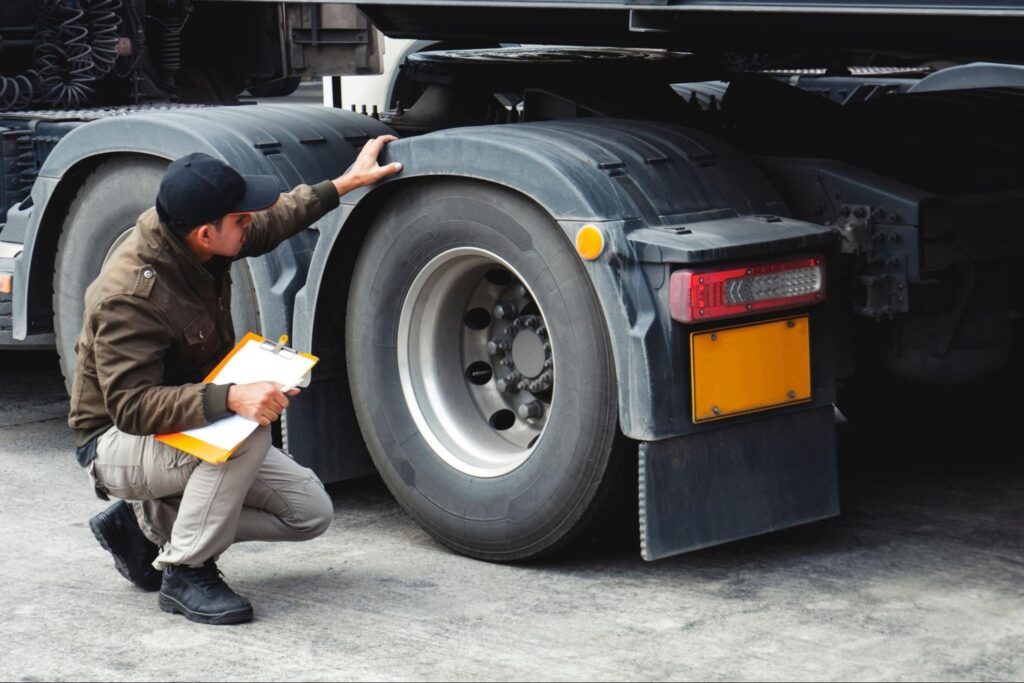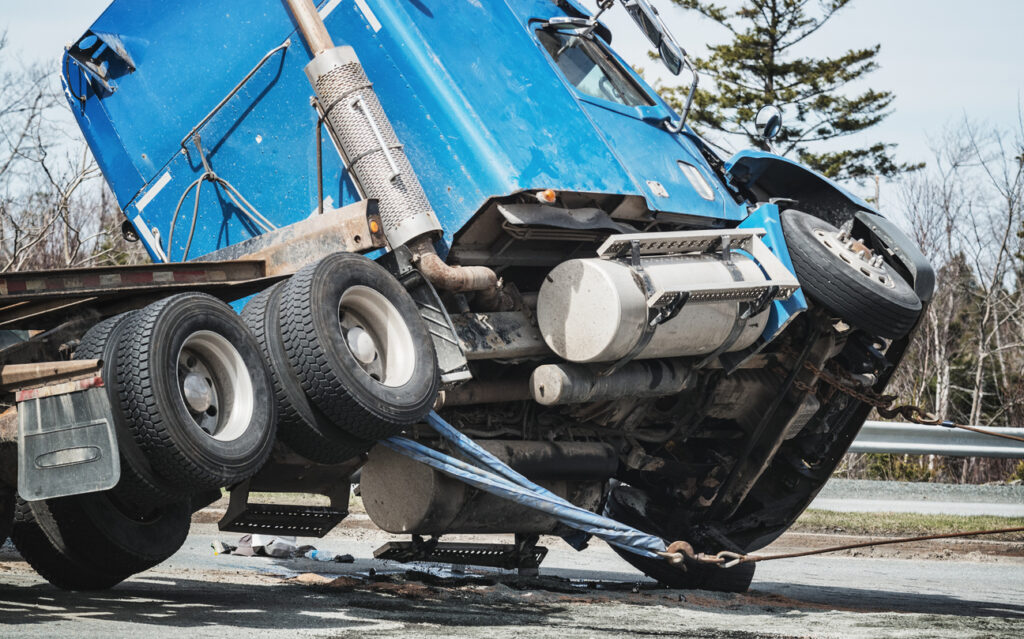 Truck accidents are a serious problem in the United States. In 2021, there were nearly 500,000 large truck and bus accidents reported to the Federal Motor Carrier Safety Administration (FMCSA). These accidents resulted in over 5,000 deaths and 110,000 injuries.
Truck accidents are a serious problem in the United States. In 2021, there were nearly 500,000 large truck and bus accidents reported to the Federal Motor Carrier Safety Administration (FMCSA). These accidents resulted in over 5,000 deaths and 110,000 injuries.
Many truck accidents are caused by driver error, but a significant number are also caused by mechanical failures. Poorly maintained trucks are more likely to experience brake failure, tire blowouts, and other mechanical problems that can lead to accidents.
The Importance of Truck Maintenance
Truck accidents can have devastating consequences, causing severe injuries and fatalities. While driver error is often a contributing factor, mechanical failures resulting from poor maintenance are also significant causes. Prioritizing regular truck maintenance is important for ensuring road safety and minimizing the risk of accidents.
Truck maintenance is essential for preventing truck accidents. Regular maintenance helps to keep trucks in good working order, which reduces the risk of mechanical failures. It also helps to identify and correct potential problems before they can lead to accidents.
The Different Types of Truck Maintenance
There are many different types of truck maintenance. It’s essential that truck drivers and trucking companies utilize all types of truck maintenance to prevent accidents. Some of the most important types of maintenance include:
- Pre-trip inspections: Pre-trip inspections are conducted by truck drivers before they start their shift. These inspections help to identify any potential problems with the truck that could lead to an accident.
- Post-trip inspections: Post-trip inspections are conducted by truck drivers at the end of their shift. These inspections help to identify any problems that may have developed during their drive.
- Preventive maintenance: Preventive maintenance is scheduled maintenance that is performed on a regular basis. This type of maintenance helps to keep trucks in good working order and reduces the need for unscheduled repairs.
- Corrective maintenance: Corrective maintenance is performed to fix problems that have been identified during a pre-trip inspection, post-trip inspection, or preventive maintenance check.
Key Maintenance Areas on a Truck

- Brake Systems: Regular inspections and maintenance of brake components, including pads, rotors, and calipers, are essential. Worn or faulty brakes can lead to catastrophic failures, especially when hauling heavy loads.
- Tire Condition: Proper tire inflation, tread depth, and alignment are vital. Worn or underinflated tires can increase the risk of blowouts and loss of control, particularly at high speeds.
- Engine and Transmission: Routine oil changes, filter replacements, and engine diagnostics help maintain optimal performance. Engine failures can leave trucks stranded on the road, potentially causing traffic hazards.
- Lighting Systems: Functional headlights, taillights, and brake lights are essential for visibility. Faulty lighting can impair a truck driver’s ability to see and be seen, increasing the risk of collisions.
- Steering and Suspension Systems: Regular inspections and adjustments are necessary to ensure safe and responsive handling. Worn steering components and suspension systems can lead to loss of control and accidents.
The Impact of Proper Truck Maintenance
The goal with proper truck maintenance is to reduce the incidence of truck accidents. Big rigs and 18-wheelers require various types of maintenance to keep them safe on the roads. Proper truck maintenance can:
- Reduced Accident Risk: Well-maintained trucks are less likely to experience mechanical failures that can lead to accidents.
- Improved Fuel Efficiency: Regular maintenance can optimize engine performance, leading to better fuel economy and reduced operating costs.
- Extended Vehicle Lifespan: Timely maintenance can prolong the life of a truck, reducing the need for costly replacements.
- Enhanced Driver Safety: Reliable and well-maintained trucks provide drivers with peace of mind and reduce the stress associated with potential mechanical failures.
By prioritizing truck maintenance, trucking companies can significantly reduce the risk of accidents, protect the safety of their drivers and other road users, and contribute to a safer transportation system.
The Role of Truck Drivers and Trucking Companies
Truck drivers and trucking companies both play a role in ensuring that trucks are properly maintained. Truck drivers are responsible for conducting pre-trip and post-trip inspections. They should also report any problems that they find to their supervisor.
Trucking companies are responsible for scheduling and performing preventive maintenance. They should also make sure that their drivers have the time and resources to conduct pre-trip and post-trip inspections.
Truck Accident Lawyer Venus Poe Can Help Determine the Cause of Your Truck Crash

If you or a loved one has been injured in an 18-wheeler wreck, contact truck accident attorney Venus Poe. She has years of experience helping victims of truck accidents get the compensation they deserve.
